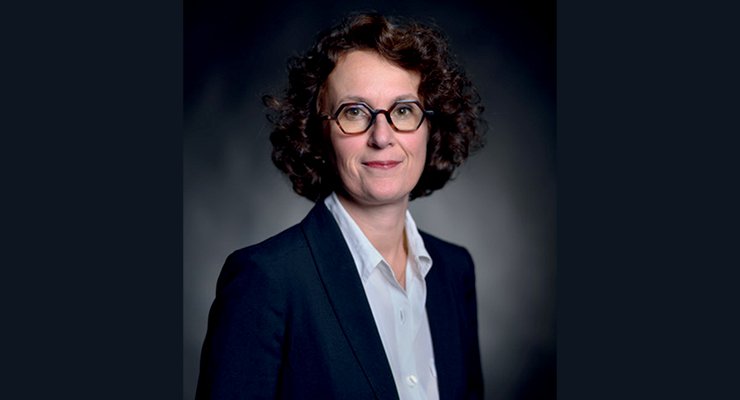Specialty – Bioprocesses and renewable resources (B2R)
The Bioprocesses and Renewable Resources (B2R) program trains general engineers with a thorough understanding of industrial processes and bioprocesses for the transformation of agro-food products and the valorisation of renewable biomass.
Programme
The aim of this programme is to complement solid training in the various fields of process engineering and bioprocessing with specific courses in the valorisation of renewable biomass, both food and non-food. Engineers trained in this way will be able to rapidly apply their knowledge and know-how in the agro-industrial, environmental and biotechnology sectors. They will be able to:
- Design and size-scale agro-industrial operations;
- Design and size processes for the valorisation of non-food renewable resources;
- Selecting and sizing technologies to limit biological and food safety risks.
As part of the B2R program, students will take the following courses:
- Biomass energy and materials recovery processes;
- Structure and physico-chemistry of biological molecules;
- Colloidal systems – agro-food applications;
- Metabolic engineering, cell cultures and bioreactors;
- Agro-industrial processes;
- Analysis of biological and food products;
- Food safety factors.
Academic staff
The training is provided by a teaching team bringing together teacher-researchers, industrial speakers and external experts, in order to guarantee quality training adapted to the needs of companies and the challenges of society.
Equipment
Students have experimental and digital platforms. Pilot installations allow students to put into practice the fundamental notions of process engineering (separation processes, heat exchangers, reactors, fluid mechanics, etc.). Students also have access to different digital tools for process simulation and optimization.
Professional openings
Numerous national and international industrial partnerships have been developed with numerous companies linked to process engineering, notably: Alstom, Avril, Bonduelle, Engie, EDF, Framatome, Nestlé, Orano, Sanofi, Suez, Technip, Tereos, Total, Veolia, etc.
International
During their training, engineering students must demonstrate their ability to evolve in an international context. To do this, they have the possibility of following one or more semesters of study and/or internship abroad (around forty destinations around the world: Argentina, Brazil, Canada, Chile, China, Colombia, South Korea , Spain, United States, Finland, Italy, Japan, Portugal, United Kingdom, Sweden, Taiwan, etc.).
A double engineering degree can be prepared with different establishments: universities of Braunschweig (Germany), Cranfield (UK), Itajuba (Brazil), Escuela colombiana de ingeniería (Colombia), Universidad del Sur (Argentina), Polytechnique Montréal (Quebec), École de Technologie Supérieure de Montréal (Quebec), etc.



